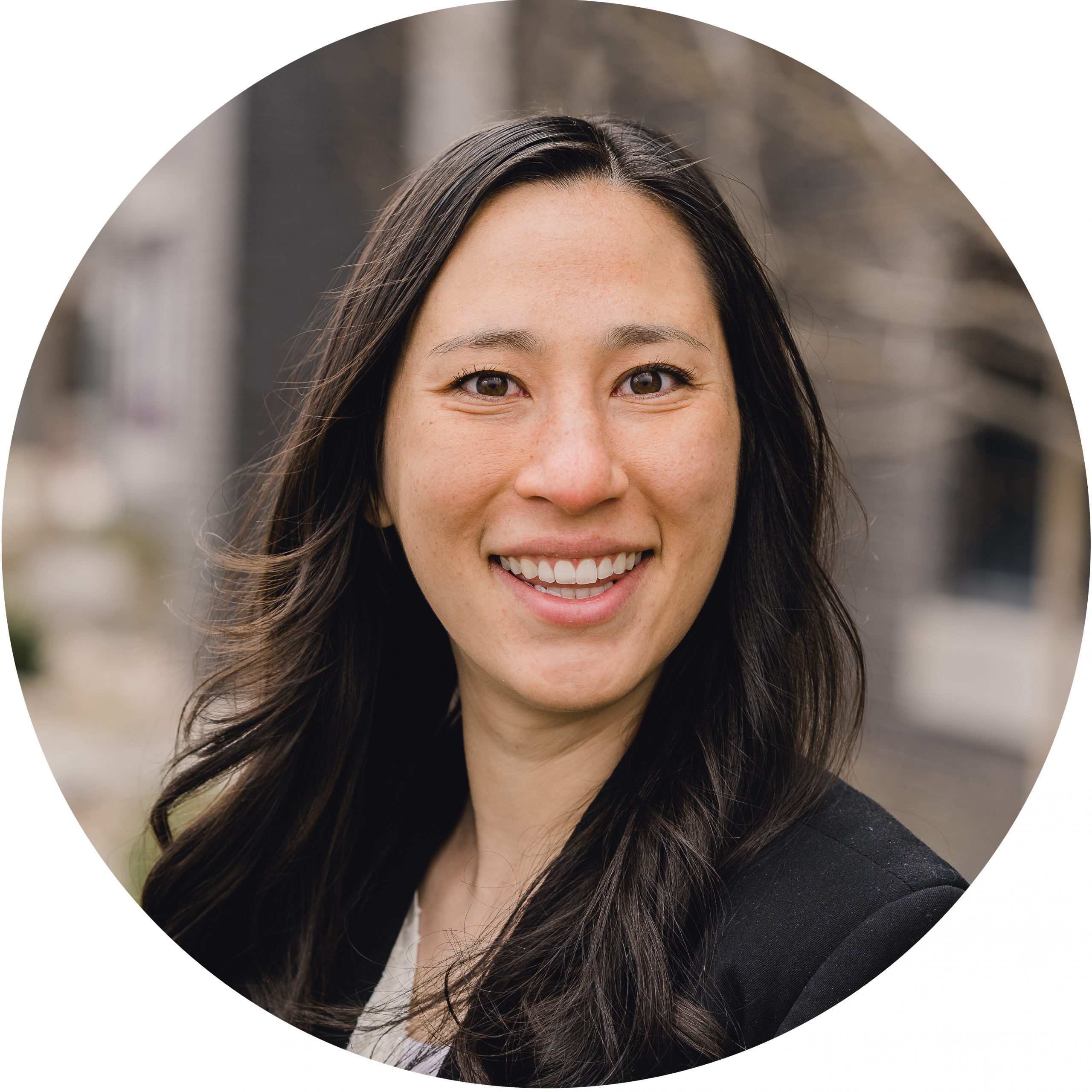Everyday service men and women work to protect and defend the United States. Over a million Americans willingly sacrifice their time, and sometimes their lives, so that you and I can enjoy a peaceful and prosperous life. It should go without saying that none of these individuals, who have sacrificed so much, should be subjected to conditions that lend themselves to poor quality of life. But unfortunately, this can sometimes be the case.
The Struggle With Poverty and Unemployment
Sadly, 5.2% of Utah veterans live below the poverty line. With approximately 118,744 veterans living in Utah, that means over 6,000 are living in poverty. Not only that, but veterans in Utah are currently facing a higher unemployment rate than Utah’s general public. These issues are related and can be, at least somewhat, alleviated through reforms to Utah’s public policy.
Barriers to Occupational Licensing for Veterans
Occupational licensure requirements restrict many people from getting jobs in Utah, including veterans. This regulation exists to protect consumers, the people of Utah, against harm. Unfortunately, regulations often over step their intended purposes and end up harming the people they are meant to protect.
One purpose of occupational licensing is to ensure that only skilled and qualified workers can provide services to consumers. Veterans leave the military often highly skilled and qualified to do many civilian jobs. They are trained in engineering, medicine, mechanics, nursing, security, and more. Despite this, veterans can be denied an occupational license to work these jobs due to not meeting the requirements — requirements that are based on civilian, not military, education and training.
A Path to Easing Veterans’ Transition
One step Utah can take to mitigate these circumstances is to waive education requirements on occupational licenses for qualified veterans.
Instead of barring a skilled veteran from getting a license, occupational licensing boards can review the veteran’s training and work history. Licenses should be issued to veterans who have been engaged in active practice for at least two of the last five years, regardless of their education status. This will ensure that qualified veterans are allowed to work with their skillset and fill needed jobs. Furthermore, veterans’ participation in the market benefits consumers through competitive pricing and additional skilled practitioners.
Utah values its veterans and the sacrifices they have made for the nation. That support is only half-hearted if we do not also actively take down barriers that hinder their transition into civilian life. Obtaining work is crucial for all people in Utah, including veterans, and we can help them in this pursuit. This upcoming legislative session, the Utah Legislature should consider this and other ways to help veterans obtain occupational licenses.






